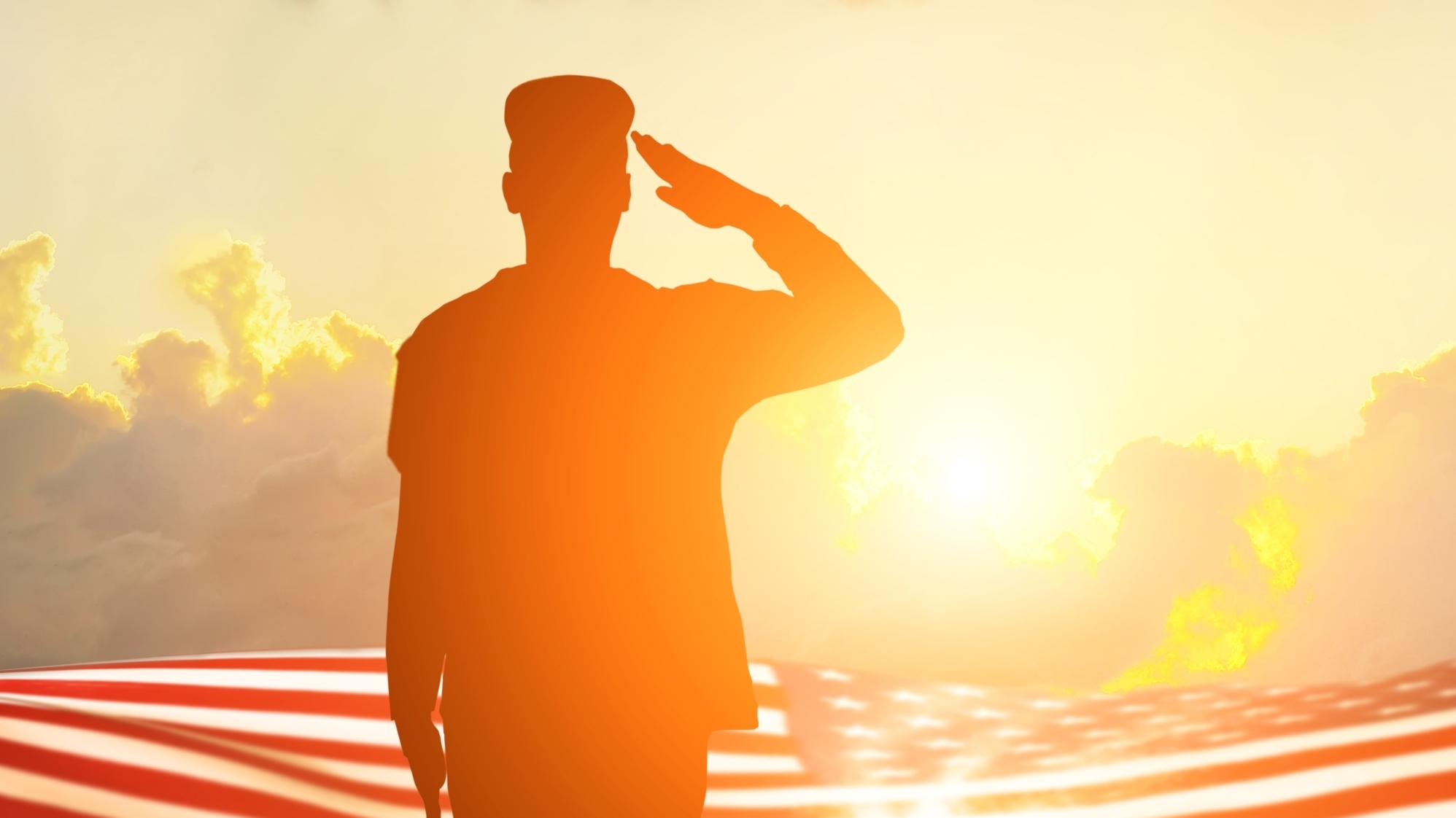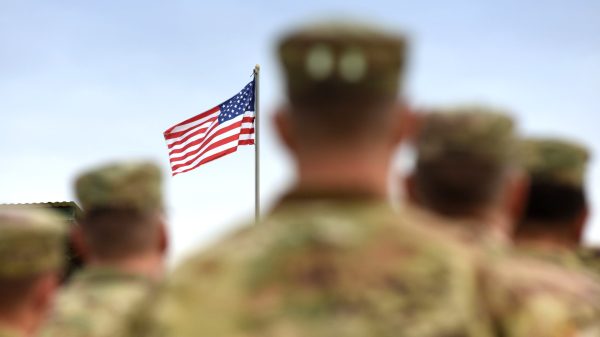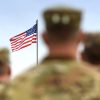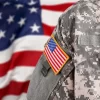I served my country for a decade, including a tour of duty in the Kunar Valley of Afghanistan during the height of the War on Terror. Like many other veterans, I have seen things I will never unsee. So many of us come home carrying invisible wounds — anxiety, chronic pain, and PTSD that do not just disappear when we hang up our uniforms.
After returning to civilian life, veterans are told to go to the VA, take medications, and follow the program. The problem is that those medications come with a price — addiction, fogginess, and a sense of being even more detached from the world we fought to protect, which leads to asking a hard question: isn’t there a better way?
For thousands of veterans, the answer has been medical cannabis.
But here is the catch: under federal law, cannabis is still classified as a Schedule I substance — the same category as heroin. That classification suggests that cannabis has no accepted medical use and has a high potential for abuse. Keeping cannabis on Schedule I is not just scientifically outdated; it is morally wrong. It blocks research, limits patient access, and keeps veterans trapped in a system that too often fails to meet our needs.
The truth is, cannabis has helped veterans manage chronic pain, ease PTSD symptoms, and reduce dependence on opioids and other addictive narcotics. But the VA’s hands are tied. Federal law means doctors at the VA cannot even recommend cannabis, let alone help veterans access it safely.
That is why rescheduling cannabis is so important — and why I was encouraged when I learned that President Donald Trump expressed his support for rescheduling. While opinions on politics will always differ, it is worth recognizing when leaders from both sides of the aisle are beginning to listen to veterans like me.
This is not about legalizing cannabis or encouraging recreational use. It is about moving forward with policies that will expand access to alternative treatments that have proven effective.
Rescheduling cannabis would open the door for proper research, federal oversight, and, most importantly, veteran access. It would allow medical professionals to explore cannabis-based treatments without stigma or legal risk. And it would send a powerful message to veterans that their experiences matter — and that their voices are being heard.
We did not hesitate when our country asked us to serve. We are just asking leaders in our federal agencies not to hesitate when we need their support. Veterans deserve options — real ones. Rescheduling cannabis is the first step.














































